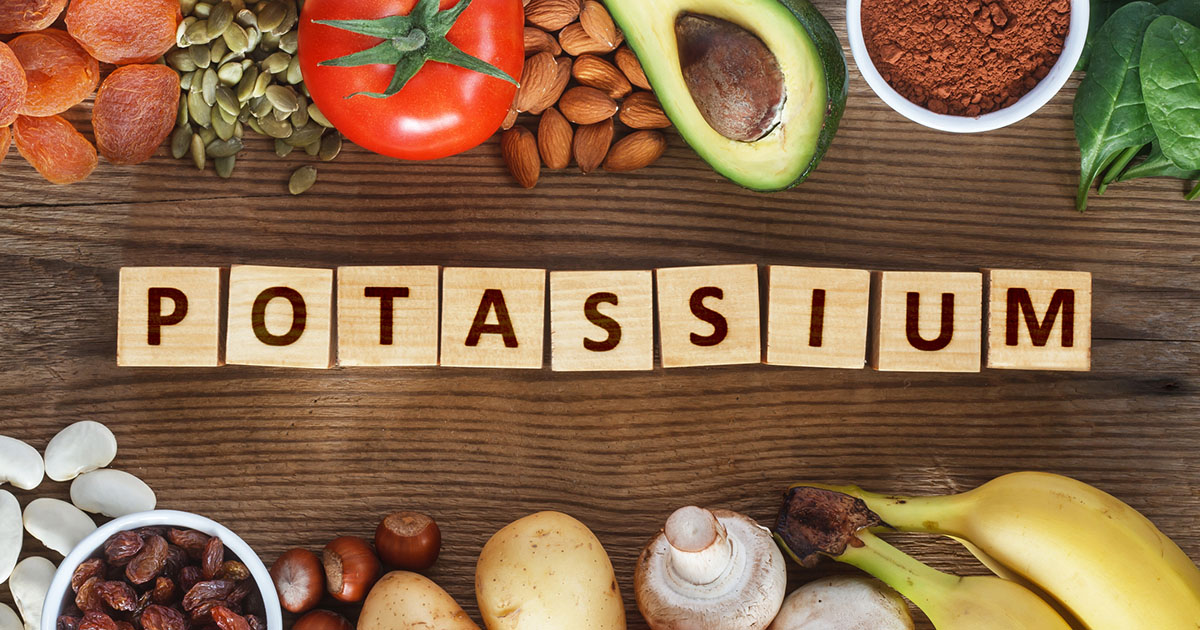Treatment Options For Acute Renal Failure
Controlling Potassium

One of the dangers of having the kidneys shut down is they may not have been working properly for weeks before the actual initial finding and diagnosis by a medical professional. As a result, the kidneys may not be filtering potassium correctly. Potassium is an essential electrolyte for any healthy body, but too much potassium in the bloodstream can cause weakness in the muscles and dangerous irregular heartbeats, known as arrhythmias. Since potassium has a direct connection to how the nerves send and receive messages, an individual may also experience numbness or tingling in areas throughout their body. A doctor may ask the patient to take calcium, sodium polystyrene, or glucose based medications as an attempt to counteract the high potassium levels found in the bloodstream.
Restoring Calcium Levels In The Blood

Typically, ninety-nine percent of all calcium in the body can be found in the bones and teeth. However, half of all calcium found in the bloodstream is coupled together with proteins, as the kidneys play a vital role in using protein efficiently. One of the kidney's natural functions is to filter the right amount of calcium out of the urine and place it back into the bloodstream. If the body has too high or too low levels of calcium, the results could be muscle spasms, and the development of serious diseases or major organ damage, which can lead to other organs shutting down. A doctor may recommend an infusion of calcium into the body or for the patient to begin taking a daily calcium supplement to help balance the levels within the body.
